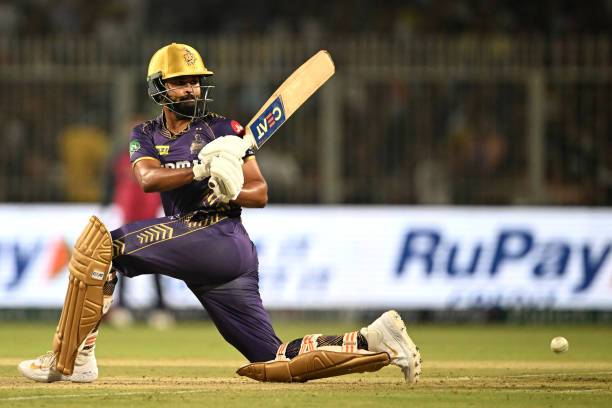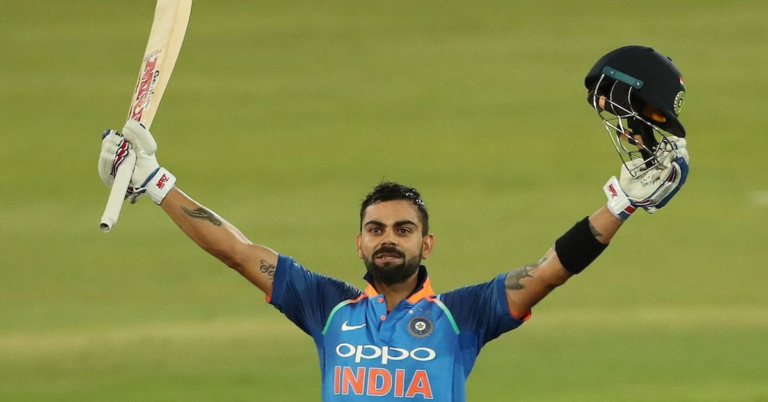Leadership Styles in IPL: 99exch, Reddy Anna Book, Allpanel
99exch, Reddy Anna Book, All Panel.com, Allpanel: Leading a team in the Indian Premier League (IPL) requires a dynamic approach tailored to the fast-paced and high-pressure environment of T20 cricket. Captains in the IPL must navigate a multitude of challenges, from managing diverse player personalities to making split-second tactical decisions on the field. The most successful leaders in the IPL are those who can strike the right balance between being authoritative and being approachable, motivating their team to perform at their best under intense scrutiny.
Some captains in the IPL adopt an autocratic leadership style, where decisions are made unilaterally and directives are strictly enforced. This approach can be effective in certain situations, such as in high-stakes matches where quick decisions are crucial. Autocratic leaders in the IPL often rely on their experience and expertise to guide their team, instilling a sense of discipline and focus among players. However, this leadership style can also risk alienating team members and stifling creativity, leading to potential issues within the team dynamic.
Autocratic leadership in Indian Premier League
Autocratic leadership in the Indian Premier League is characterized by a leader who makes decisions without the input or participation of team members. This style of leadership is often associated with a top-down approach, where the leader holds all the power and authority in decision-making processes. In the context of the IPL, autocratic leaders may dictate strategies, tactics, and player selections without consulting the team, which can lead to a lack of empowerment and autonomy among team members.
One of the drawbacks of autocratic leadership in the IPL is the potential for stifling creativity and innovation within the team. When decisions are made unilaterally by the leader, players may feel demotivated or disengaged, as they are not given the opportunity to contribute their ideas or suggestions. This can hinder team performance and cohesion, as players may not feel invested in the goals and strategies set forth by the autocratic leader.
Transformational leadership in the context of IPL
Transformational leadership in the context of the IPL involves inspiring and motivating team members to achieve their full potential. Leaders who adopt this approach have a vision for the team and are able to communicate it effectively, instilling a sense of purpose and direction among the players. They encourage creativity, innovation, and collaboration, fostering a positive team culture that values individual strengths and contributions.
In the IPL, transformational leaders are not solely focused on results, but also on developing the skills and capabilities of their players. They build strong relationships with team members, providing mentorship and support to help them grow both on and off the field. By empowering players to take ownership of their roles and responsibilities, transformational leaders create a cohesive and high-performing team that is able to adapt to challenges and capitalize on opportunities.







